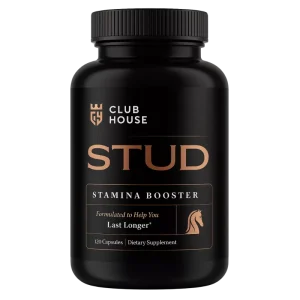
You might be surprised to learn that the frequency of washing your hair can significantly impact its overall health. Understanding the balance between cleansing and maintaining natural oils is crucial for healthy hair. Factors such as your hair type, scalp condition, and lifestyle all play a role in determining how often you should wash your hair. By finding the right balance, you can achieve optimal hair health and address any concerns you may have. So, how often should you really be washing your hair?
Factors Influencing Hair Washing Frequency
Considering your hair type and scalp condition can greatly impact how frequently you should wash your hair. Factors such as oily or dry scalp, curly or straight hair, and the level of activity you engage in all play a role in determining how often you need to shampoo. If you have oily hair, you may need to wash it more frequently, possibly every other day, to remove excess oil and maintain a clean scalp. On the other hand, if you have dry hair, washing it too often can strip away natural oils, leading to further dryness and potential damage.
Additionally, the type of shampoo you use can also influence how often you should wash your hair. Some shampoos are harsher and may require less frequent use, while others are gentler and suitable for more frequent washing. It’s essential to pay attention to how your hair and scalp respond to different products and adjust your washing routine accordingly. By understanding your unique hair type and scalp condition, you can develop a hair care routine that promotes healthy, vibrant hair.
Hair Type and Texture Considerations
To determine how often you should wash your hair, take into account your specific hair type and texture. Your hair type plays a significant role in determining the optimal washing frequency. If you have oily hair, you may need to wash it more frequently, possibly every other day, to remove excess oil and maintain freshness. On the other hand, if you have dry hair, washing it less frequently, such as a couple of times a week, can help prevent further drying out. For those with normal hair, washing it every 2-3 days might strike the right balance.
Texture is another crucial factor to consider. Fine hair tends to get oily faster and may require more frequent washing to avoid looking greasy. However, coarse or thick hair can go longer between washes without becoming oily. Curly hair, which is prone to dryness, benefits from less frequent washing to retain natural oils and moisture.
Understanding your hair type and texture is key to determining the best washing routine for healthy and vibrant hair.
Lifestyle Impact on Hair Washing
How does your lifestyle influence how often you wash your hair? Your daily activities and habits play a significant role in determining how frequently you need to shampoo.
If you engage in regular physical exercise or have a job that exposes your hair to dirt and sweat, you may need to wash your hair more frequently to maintain cleanliness and scalp health. For those who live in humid environments, washing your hair more often can help prevent oil buildup and maintain a fresh feeling. On the other hand, if you have a more sedentary lifestyle or work in a clean environment, you may be able to stretch out the time between washes.
Additionally, the use of styling products can impact how often you need to wash your hair. If you regularly use products like gels, mousses, or hairsprays, you may need to wash your hair more frequently to remove product buildup and prevent scalp issues.
Understanding how your lifestyle influences your hair’s cleanliness and health can help you determine the optimal washing frequency for your specific needs.
Best Practices for Healthier Hair
Your hair’s health can greatly benefit from adopting simple yet effective practices that promote strength and shine. To maintain healthier hair, start by using a gentle sulfate-free shampoo that suits your hair type.
Washing your hair with lukewarm water helps prevent stripping away natural oils, keeping your hair moisturized. When conditioning, focus on the ends to prevent weighing down the roots.
It’s best to avoid excessive heat styling tools and opt for heat protectant products when necessary. Trimming your hair regularly helps prevent split ends and breakage, promoting overall hair health.
Embracing a balanced diet rich in vitamins and minerals nourishes your hair from the inside out. Incorporate foods high in omega-3 fatty acids, biotin, and vitamin E for stronger and shinier hair.
Lastly, minimize stress levels through relaxation techniques as stress can contribute to hair loss. By incorporating these practices into your routine, you can achieve healthier and more resilient hair.
Trending Products














